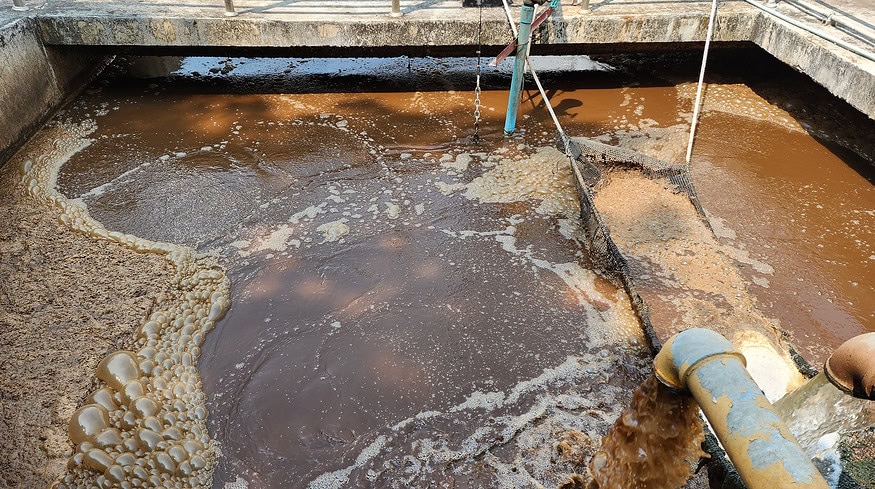Legal action aims to halt toxic fertilizer practices in US

A prospective lawsuit may soon challenge the widespread application of toxic sewage sludge on American croplands. This practice, used as a low-cost fertilizer alternative, is under scrutiny for its environmental and health repercussions due to the presence of per- and polyfluoroalkyl substances (PFAS), often referred to as “forever chemicals.”
The forthcoming legal action signals an intent to sue federal regulators for failing to address the high levels of PFAS found in almost all sludge, substances notorious for their persistence in the environment and the human body. The fallout from this negligence has been significant, leading to the contamination of farmland, which in turn has caused illness among farmers, the death of livestock, the pollution of drinking water, and compromised the integrity of both meat and crops in the supply chain.
Public Employees for Environmental Responsibility (PEER) have been at the forefront of this movement, with their policy director Kyla Bennett strongly criticizing the inaction of the Environmental Protection Agency (EPA). “The EPA’s current stance is unacceptable, and it’s time they take responsibility for regulating the hazardous waste plaguing our nation,” Bennett stated.
PFAS, comprising approximately 15,000 different compounds, are infamous for their inability to degrade naturally. They have been linked to a myriad of health issues, including cancer, liver and kidney diseases, cholesterol problems, birth defects, and weakened immune response.
The sludge in question is a combination of human and industrial waste, a byproduct of the wastewater treatment process. Though rich in nutrients for plants, its use as a “biosolid” fertilizer is controversial due to the associated health risks. Critics argue that the practice essentially cycles toxins back into the ecosystem, undermining efforts to maintain clean water and safe food supplies.
In recent developments, Maine has set a precedent by banning biosolids after discovering high levels of PFAS contamination on numerous farms. Following suit, a $70mn fund was established to support impacted farmers. Additionally, a lawsuit has been filed against waste management company Synagro in Texas, alongside a separate criminal investigation into their practices.
The EPA’s acknowledgment of PFAS hazards has yet to translate into substantial regulatory action. Currently, the EPA’s rules mandate monitoring for only nine heavy metals, despite evidence that sludge could contain any of 90,000 manmade chemicals. Furthermore, the Clean Water Act permits citizens to sue regulatory agencies for failure to enforce the law, a path that PEER is prepared to take if the EPA does not act within the stipulated 60 days.
The use of sludge as fertilizer has been a matter of convenience and cost-saving for water treatment facilities and industries. If banned, the move would compel a shift toward landfilling the waste, necessitating new landfills and the adoption of technology that can reduce sludge volume significantly.
The issue is not only an environmental or agricultural concern; it has broader implications for public health and the nation’s approach to waste management. The potential lawsuit aims to catalyze a reevaluation of the practices and policies governing waste disposal and chemical regulation in the United States.
Enjoyed this story?
Every Monday, our subscribers get their hands on a digest of the most trending agriculture news. You can join them too!














Discussion0 comments